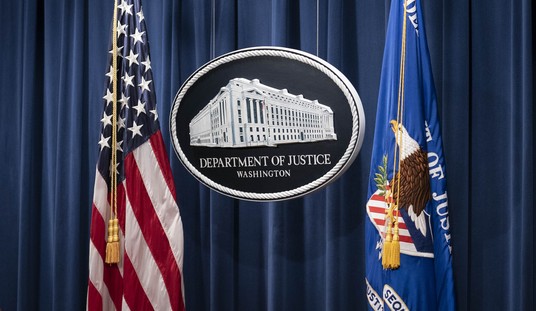His name is Edward Snowden and he was a contract employee for the NSA working for Booz Allen Hamilton. In a series of interviews with Glenn Greenwald of the Guardian, he revealed the NSA program that scanned the phone records of millions of Americans.
The Guardian, after several days of interviews, is revealing his identity at his request. From the moment he decided to disclose numerous top-secret documents to the public, he was determined not to opt for the protection of anonymity. “I have no intention of hiding who I am because I know I have done nothing wrong,” he said.
Snowden will go down in history as one of America’s most consequential whistleblowers, alongside Daniel Ellsberg and Bradley Manning. He is responsible for handing over material from one of the world’s most secretive organisations – the NSA.
In a note accompanying the first set of documents he provided, he wrote: “I understand that I will be made to suffer for my actions,” but “I will be satisfied if the federation of secret law, unequal pardon and irresistible executive powers that rule the world that I love are revealed even for an instant.”
Despite his determination to be publicly unveiled, he repeatedly insisted that he wants to avoid the media spotlight. “I don’t want public attention because I don’t want the story to be about me. I want it to be about what the US government is doing.”
He does not fear the consequences of going public, he said, only that doing so will distract attention from the issues raised by his disclosures. “I know the media likes to personalise political debates, and I know the government will demonise me.”
Despite these fears, he remained hopeful his outing will not divert attention from the substance of his disclosures. “I really want the focus to be on these documents and the debate which I hope this will trigger among citizens around the globe about what kind of world we want to live in.” He added: “My sole motive is to inform the public as to that which is done in their name and that which is done against them.”
A high school drop-out, Snowden sounds incredibly naive.
By 2007, the CIA stationed him with diplomatic cover in Geneva, Switzerland. His responsibility for maintaining computer network security meant he had clearance to access a wide array of classified documents.
That access, along with the almost three years he spent around CIA officers, led him to begin seriously questioning the rightness of what he saw.
He described as formative an incident in which he claimed CIA operatives were attempting to recruit a Swiss banker to obtain secret banking information. Snowden said they achieved this by purposely getting the banker drunk and encouraging him to drive home in his car. When the banker was arrested for drunk driving, the undercover agent seeking to befriend him offered to help, and a bond was formed that led to successful recruitment.
“Much of what I saw in Geneva really disillusioned me about how my government functions and what its impact is in the world,” he says. “I realised that I was part of something that was doing far more harm than good.”
If the guy was so shocked at putting a potential asset in a compromising position by getting him drunk, what do you think he would have said about a CIA honey trap?
Regardless, I am of two minds about this fellow, especially after reading this:
Q: When did you decide to leak the documents?
A: “You see things that may be disturbing. When you see everything you realise that some of these things are abusive. The awareness of wrong-doing builds up. There was not one morning when I woke up [and decided this is it]. It was a natural process.
“A lot of people in 2008 voted for Obama. I did not vote for him. I voted for a third party. But I believed in Obama’s promises. I was going to disclose it [but waited because of his election]. He continued with the policies of his predecessor.”
A whistleblower who times his leaking based on political criteria? That’s a first.
Is this really a whistleblower? Snowden swears he doesn’t think he did anything wrong. Well, that’s a bunch of hooey. Breaking the law is wrong. Breaking your oath of secrecy is wrong. Breaking the trust of your employer is wrong. If he really believed he did nothing wrong, he’d come back to the states voluntarily and see if a jury of his peers agreed with him.
They won’t. They’ll throw him in jail for the rest of his life. This is someone who obviously believes the ends justifies the means — a curious position to take since the CIA and NSA make the same claim all the time. We may hate and fear the surveillance programs, but when you get right down to it, they’re legal — at least as far as the law stands now. The correct remedy is to change the law. How could we change the law if we didn’t know the extent of the surveillance?
I’ll get back to you on that.










Join the conversation as a VIP Member